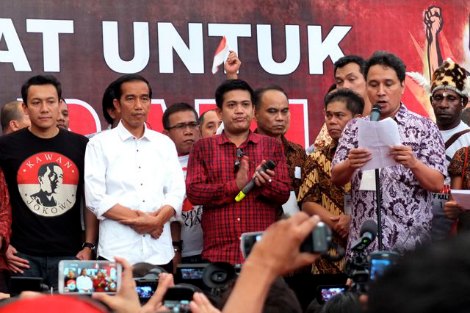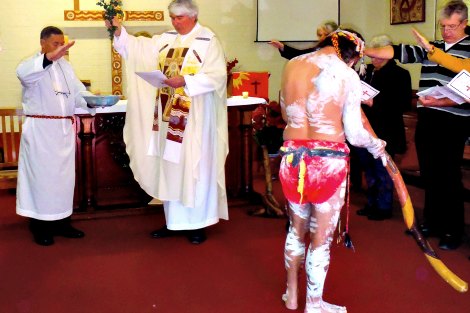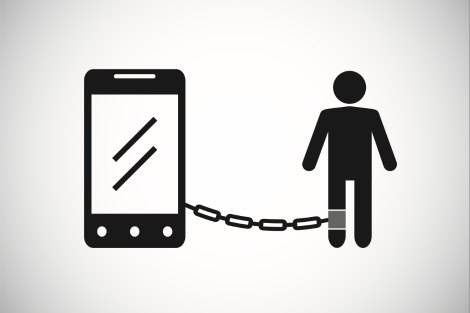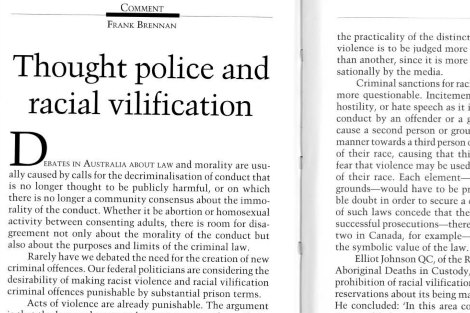Keywords: Freedom Party
There are more than 200 results, only the first 200 are displayed here.
-

AUSTRALIA
- Frank Brennan
- 22 September 2014
5 Comments
Considering my indebtedness to the two Aborigines who met [my family's ship arriving in Hervey Bay from Ireland] 151 years ago, I owe it to all my fellow Australians to agitate these issues of law, morality and politics here in Ireland so that back in Australia, the homeland which, in my religious tradition, was known as the Great South Land of the Holy Spirit.
READ MORE
-

INTERNATIONAL
- Duncan MacLaren
- 16 September 2014
31 Comments
Prime Minister Tony Abbott’s remarks on the Scottish independence debate were front page news in Great Britain. If Mr Abbott had actually visited Scotland rather than follow the advice of the British PM, he would have seen that the whole debate had centred on the kind of society we wanted – one where social justice is paramount, our National Health Service is not privatised and rights are built into a written constitution.
READ MORE 
-

INTERNATIONAL
- Binoy Kampmark
- 05 September 2014
4 Comments
A debate about arming, and reinforcing the Kurds, is not an open and shut case. European powers and the United States draw the false distinction that there are good Islamic militants and bad ones, with the bad ones supposedly against the Western military program. The game of backing and supporting misunderstood – and dangerous – groups persists.
READ MORE 
-

AUSTRALIA
- Andrew Hamilton
- 14 August 2014
4 Comments
Last week's legislative flurry was very messy, with few signs of reflection on what kind of a society we want to create, and how far particular legislation will help do so. The arguments for legislation are based on abstractions such as free speech and terrorism. They are not supported by sustained reflection on the way in which human beings interact.
READ MORE 
-

INTERNATIONAL
The day after the result of Indonesia's presidential election was announced, I joined crowds of excited Indonesians in central Jakarta to celebrate Jokowi's election as Indonesia's seventh president. Did you see the rainbow? asked a supporter. I hadn't, but even if the heavens had opened and soaked everybody to the skin, it would have been taken as another sign that God too had voted for Jokowi.
READ MORE 
-

AUSTRALIA
- Frank Brennan
- 08 July 2014
8 Comments
The prime minister stumbled last week when he said: 'I guess our country owes its existence to a form of foreign investment by the British government in the then unsettled or, um scarcely settled, Great South Land.' His Indigenous advisor Warren Mundine said: 'I know his heart is in the right place.' With hearts in the right place, we can all forgive and be forgiven.
READ MORE 
-

ARTS AND CULTURE
- Isabella Fels
- 21 May 2014
2 Comments
$550 worth of calls on a $69 a month plan seemed like a total dream. I could keep myself hanging on the phone talking to my boyfriend and family all day and night long at my own convenience. I felt a sense of empowerment and freedom that I never felt before ... I woke up screaming over the $700 bill I incurred in just two weeks. What have I done? I felt weak. My future now felt bleak. There was simply no way I could pay it off.
READ MORE 
-

MEDIA
- Frank Brennan
- 11 April 2014
5 Comments
In 1994, a year before the Parliament enacted the present section 18C of the Racial Discrimination Act, I wrote in Eureka Street: 'At this time, in this part of the world, thought-police armed with criminal sanctions are not the answer' to racial discrimination. Senator Brandis has now circulated a proposal to amend the existing provisions. What he has produced is the racial hatred law you have when you don't want a racial hatred law.
READ MORE 
-

AUSTRALIA
- Frank Brennan
- 11 April 2014
1 Comment
'Whether or not we have a bill of rights, much of our human rights jurisprudence remains partial, failing to extend rights equally to all. Once we investigate much of the contemporary discussion about human rights, we find that often the intended recipients of rights do not include all human beings but only those with certain capacities or those who share sufficient common attributes with the decision makers. It is always at the edges that there is real work for human rights discourse to do.' Frank Brennan's Blackfriars Lecture
READ MORE
-

AUSTRALIA
- Frank Brennan
- 11 April 2014
8 Comments
'We should abandon talk of taking Australia off the table. We should also abandon talk of taking the sugar off the table. The collateral damage of that is too great. The best we can do ethically and practically is to put the sugar out of reach while leaving it on the table for those who make it here with a visa or in direct flight from persecution.' Frank Brennan contributes to a Palm Sunday panel at St Michael's Uniting Church, Melbourne.
READ MORE
-

MEDIA
- Ellena Savage
- 21 March 2014
13 Comments
Andrew Bolt's response to Q&A's airing of accusations of racism was surprising. While no human is immune to emotional distress, it seems excessive for a man whose career has taken him to the edge of defamation laws to publicly wither under his opponents' attacks. This matter brings to light the discord between Australian conservatives' rhetoric about liberty and free speech, and the reality their policies and opinions impose.
READ MORE 
-

AUSTRALIA
- Frank Brennan
- 11 February 2014
1 Comment
'The market for disability services will need to be underpinned with a strong and robust internal risk management framework. There will be an increasing number of for-profit operators in the sector. Hopefully the not-for-profit operators will make the necessary adaptations competing in the market and providing the ethos for the market to deliver services in a dignified, fair and transparent manner.' Frank Brennan's Leading the Way Seminar for the National Disability Service
READ MORE